Metacritics is a ratings aggregator website that gathers the consolidated opinions of both specialized media and gamers about a given game. Some gamers like to consult it before buying a game, while others prefer to ignore the opinions of specialized media and rely solely on user reviews.
Others use it as a weapon to win online arguments, advocating high ratings for games they like when defending their favorite titles and dismissing the site when a game they love receives low reviews.
Reliable or not, Metacritics has become a beacon for game reviews, and many of them have such low ratings that it's almost laughable to read the reviews. So, let's talk about some games with such low ratings on the page and the problems they faced, so you know what bombs to avoid.
Note: Of course, there are games with even lower ratings than the ones I've compiled here, but if I only included these bombs, you'd see a ton of clearly bad games you didn't even know existed. So, let's look at some games that were huge disappointments and received low ratings on the site. And if you have any questions, leave a comment.
Family Party: 30 Great Games – Obstacle Arcade – Wii U, 2012
The Wii U's 2012 launch promised innovative experiences but ultimately spawned a series of underwhelming games. Family Party: 30 Great Games – Obstacle Arcade is perhaps the worst of them. The title was presented as a collection of minigames designed to entertain the whole family and friends, but the result was a disaster in virtually every aspect.
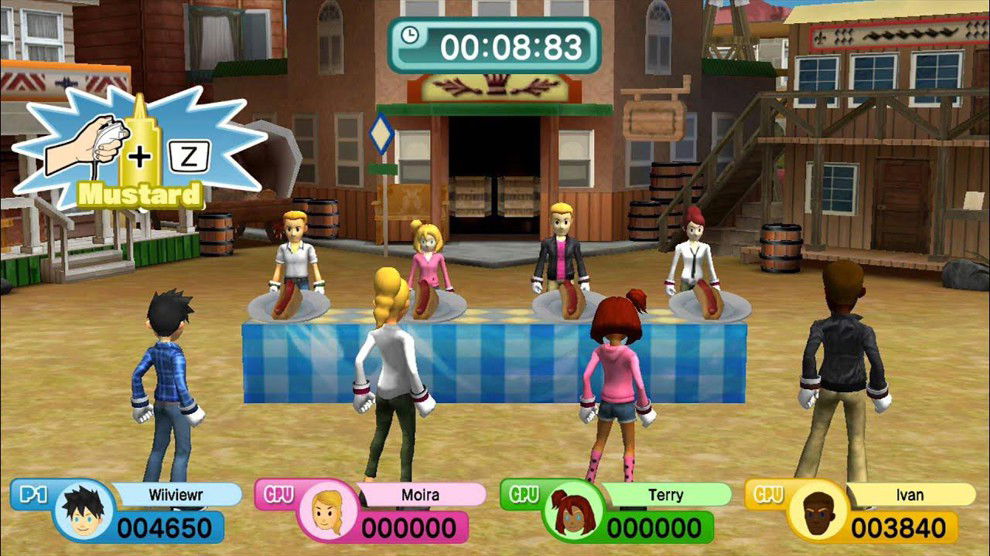
According to Metacritic's ratings, the game received a Metascore of just 11 and a User Score of 2.8, making it one of the worst ever recorded on the site. The reasons are clear: terrible gameplay that often felt unresponsive, dated visuals for the time, and minigames that ranged from extremely tedious to completely unplayable.
The promise of 30 "great" games became a joke, as most seemed rushed and offered neither fun nor challenge. For many critics, this type of game was what gave the Wii U a bad reputation in its early days, reinforcing the idea that Nintendo was failing to attract quality developers to its new platform.
Orc Slayer – PlayStation 4, 2016
Orc Slayer is one of those games that seems to start off wrong from the outset. Released in 2016 for the PlayStation 4, it attempted to be a straightforward FPS, pitting the player against hordes of orcs. So far, nothing special. The problem is that everything was completely botched.
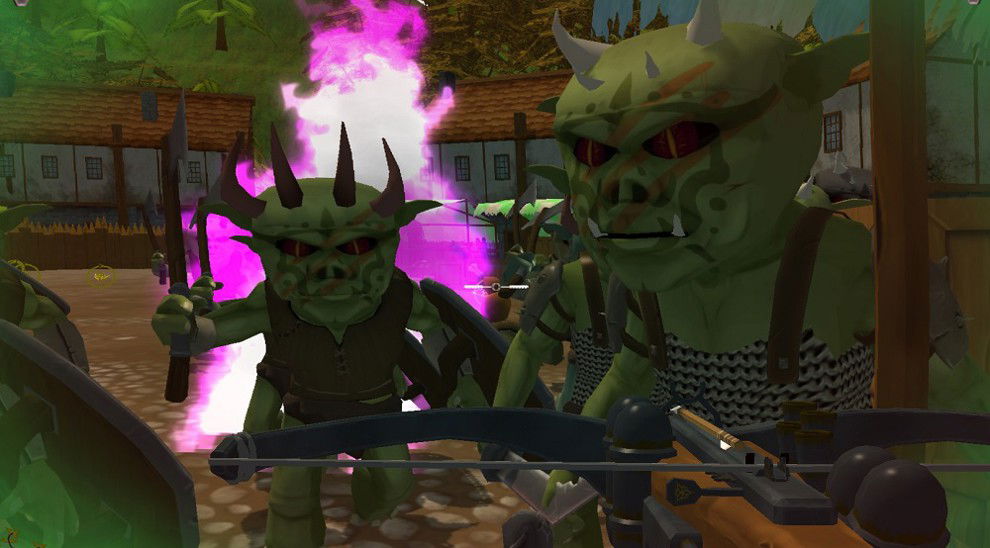
According to Metacritic's ratings, the game received a Metascore of 15 and a User Score of 2.8. Major issues included rough graphics reminiscent of PC games from over a decade prior, poor controls, poor animations, and a near-complete lack of variety.
The combat experience was repetitive, lacking any sense of real challenge, and the enemies felt more like test dummies than dangerous creatures. The game became the target of memes and criticism for being practically a demo version sold as the final product, something players didn't forgive.
Superman: The New Superman Adventures (A.K.A Superman 64) - N64/PlayStation, 1999
Superman 64 is a recognizable classic flop: poor controls, questionable level design, repetitive objectives, and frustrating mechanics. Based on the 1990s Superman animated film, the game suffered from technical, contractual, and licensing limitations.
The rules governing Superman's use prohibited the character from being violent, so the story took place in a virtual world created by Luthor. The 64's hardware limitations forced the developers to place a green kryptonite fog around the city to mask the console's draw distance.
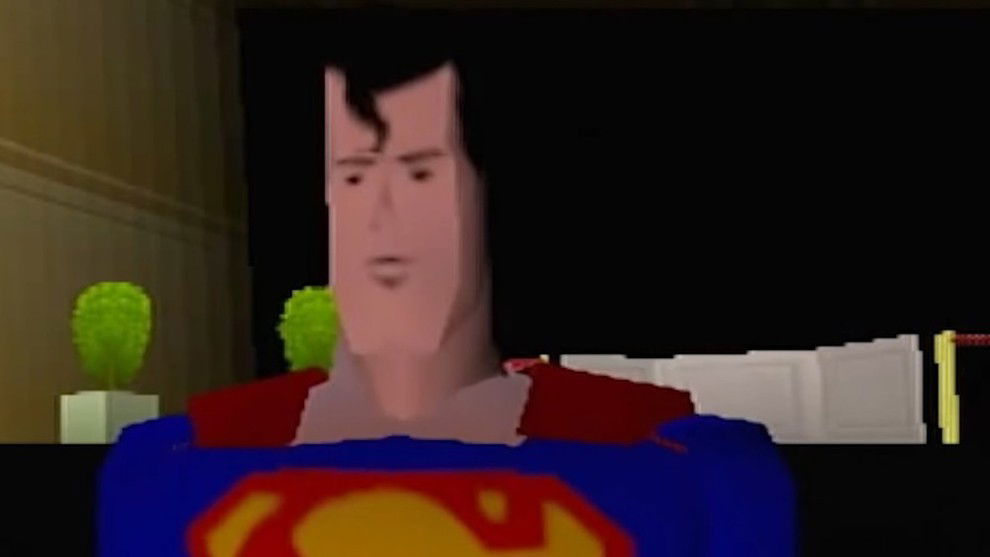
The challenges were ridiculous, like flying through rings and stopping cars before they crashed, but the game's problems prevented any fun or challenge from being extracted from this "Super-bomb". On Metacritic, the game received a Metascore of 27 and a User Score of 1.0, and the user section features low scores and even zero ratings from angry players—the game has become a cultural reference as one of the worst licenses in history.
Ride to Hell: Retribution – Xbox 360, PS3, PC, 2013
Perhaps the most famous of the worst, Ride to Hell: Retribution has become almost an icon of video game failure. Released in 2013, the game had a curious premise: telling the story of a war veteran biker seeking revenge in a world full of gangs. The premise could’ve made for an interesting action game, but the execution was so poor that the title was ridiculed.
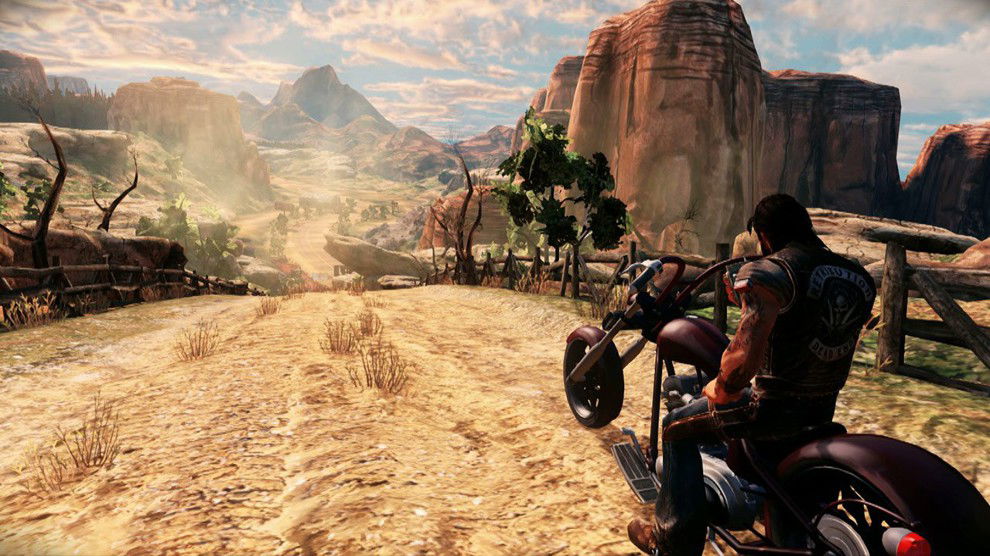
According to Metacritic's ratings, Ride to Hell accumulated a Metascore of 19 and a terrible User Score of 1.3. Criticisms ranged from broken gameplay to an absurd narrative, filled with awkward dialogue and poorly constructed cutscenes.
The combat sequences were poorly programmed, the controls constantly froze, and bugs appeared everywhere. Furthermore, the game became famous for its bizarre "romantic scenes," in which the characters remained clothed during supposedly intimate moments, a joke that became a meme in the gaming community. To this day, it’s remembered as an example of how an ambitious project can completely go awry.
The Lord of the Rings: Gollum - PC/PS5/PS4/Xbox, 2023
Gollum was ambitious in its premise (a spin-off centered on an iconic character), but it was poorly received due to execution issues: poor gameplay, bugs, and unconvincing animation and interactions. The promotional images and the final product already make it clear why it flopped. The idea was to tell the story of the Fellowship of the Ring through Gollum's perspective.
In the game, you'd revisit key moments from J.R. Tolkien's books, experience internal conflicts between Gollum and Smeagol, and sneak through orc-filled scenarios. But what happened in the end was nothing but disappointment after disappointment. On Metacritic, the specialized reviews were harsh, and users penalized it even more—resulting in low scores on both. In short: interesting concept, weak execution.
Aliens: Colonial Marines - Xbox 360/PS3/PC, 2013
It was a title with a strong IP and the potential to satisfy science fiction fans—but, in practice, it brought design and execution problems: weak artificial intelligence, a huge discrepancy between trailers/promises and what the product delivered, bugs and technical issues, and a focus on dated mechanics.
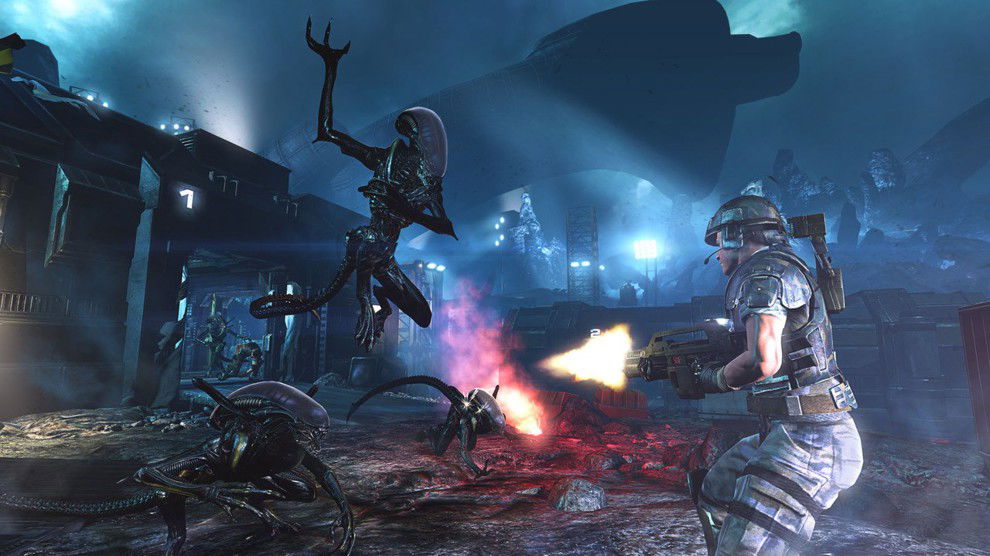
Aliens: Colonial Marines was a title that critics considered "half-baked," and users reacted with low ratings because they felt they had been deceived. On Metacritic, critics and users expressed similar frustration.
Alone in the Dark: Illumination – PC, 2015
The Alone in the Dark franchise was a pioneer in the survival horror genre, but with Illumination, the series reached its lowest point. Released in 2015 for PC, the game attempted to modernize the formula with cooperative shooter elements but ended up destroying the franchise's legacy.
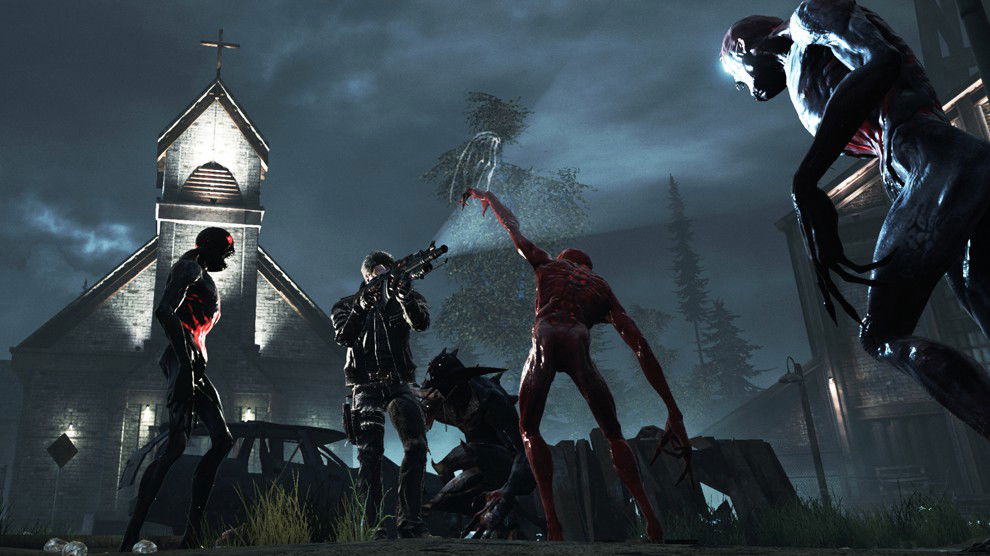
According to Metacritic, the game received a Metascore of 19 and a User Score of 1.3. Critics and players alike pointed out problems across the board: outdated graphics, unidentifiable gameplay, frequent bugs, and an atmosphere that bore no resemblance to the horror and suspense of the original classics.
Instead of tapping into fear and tension, the title relied on generic and repetitive action, deeply disappointing fans. The result was a flood of negative reviews and the near-definitive weakening of a once-respected franchise.
Aquaman: Battle for Atlantis – Xbox, GameCube, 2003
Aquaman: Battle for Atlantis, released in 2003 for Xbox and GameCube, is basically the Superman game, but with Aquaman. It has practically the same flaws as the other DC hero's game and quickly gained a reputation as one of the worst superhero games ever made.
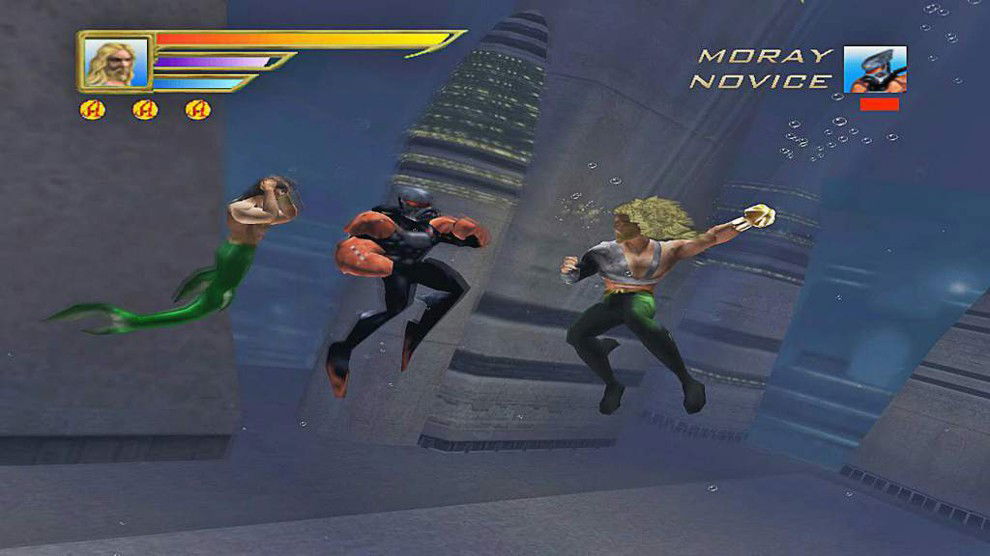
According to Metacritic, the game received a Metascore of 26 and a User Score of 1.3. The combat was extremely repetitive, the underwater environments felt empty, and the lack of polish made everything tedious.
Furthermore, the character movement was awkward, and the graphics were already outdated upon release. The game served as a negative example for years whenever poorly adapted superhero video games were discussed.
Big Rigs: Over the Road Racing – PC, 2003
It's impossible to discuss the worst games in history without mentioning Big Rigs: Over the Road Racing. Released in 2003 for PC, the title was intended to be a truck racing game, but what reached the market was practically an unfinished product.
According to Metacritic's ratings, the game received an impressive Metascore of just 6, one of the lowest in history. The User Score, however, ended up at 4.3, above our established threshold, but its bad reputation is so terrible that it's worth mentioning. There's an entire episode of Angry Video Game Nerd dedicated to it.
The game became infamous for its grotesque bugs: vehicles clipped through environments, the physics simply didn't exist, and the opponents' AI was so poorly programmed that they often didn't even move. The poorly written "You're Winner!" victory message that appeared at the end of races became a symbol of the game's precariousness.
Duke Nukem Forever - Xbox 360/PC/PS3, 2011
After a development marked by decades of delays and promises, 11 years of development, the launch disappointed: inconsistent gameplay, misplaced humor (which worked well in 1993 but nowadays is just cringe), technical problems, and a feeling that time passed over the project.
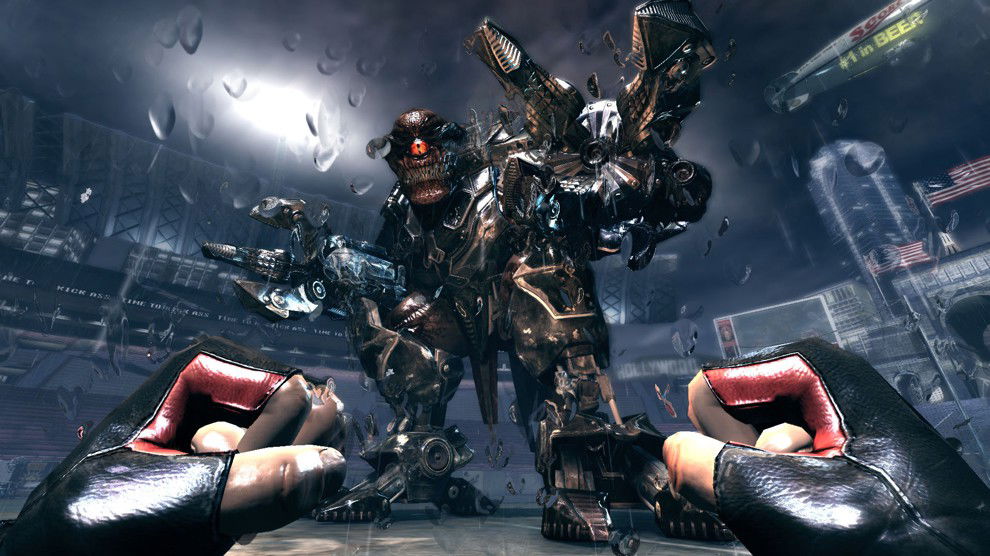
Critics felt the game wasn't worth the wait, and users reacted negatively—often because they went in expecting something nostalgic and relevant. Metacritic scores confirm that the final product failed to satisfy both critics and fans.
Bomberman: Act Zero - Xbox 360, 2006
This title attempted to "mature" the Bomberman formula with dark aesthetics and changes to the game's premise—and ended up destroying the essentials: the classic gameplay and local multiplayer. Critics complained about the removal of core elements (e.g., local multiplayer), a lack of variety, and a lack of respect for what made the series famous.
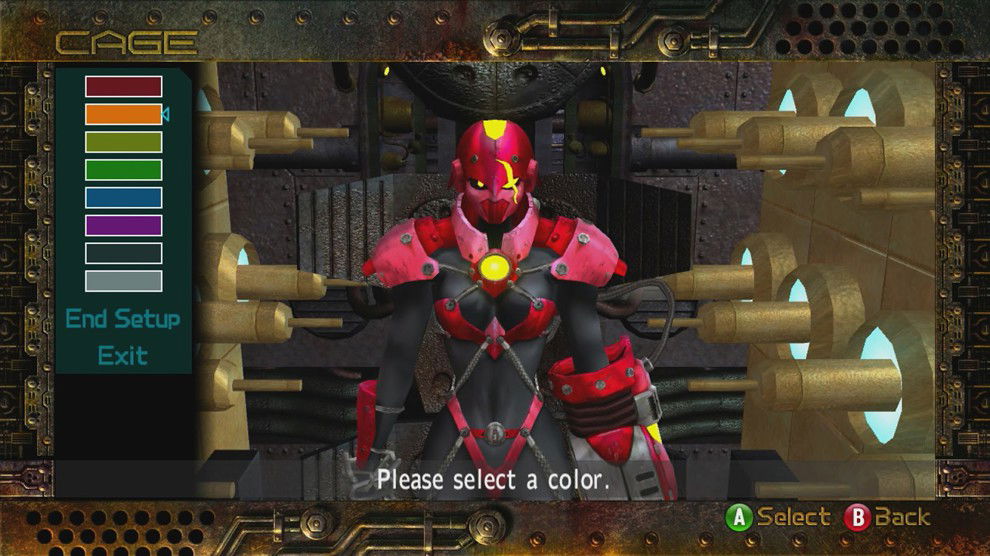
Users, already frustrated at paying full price for a game that didn't deliver the expected experience, gave it low ratings. As a result, both critics and users gave it negative reviews on Metacritic: the game received a Metascore of 28 and a User Score of 2.0.
Conclusion
These games demonstrate various types of failure: some due to rushed development, others due to poor creative decisions, and many simply due to a lack of quality. The fact is, they all went down in history as examples of what shouldn't be done in the gaming industry.
On Metacritic, they’re unanimous on two points: they were poorly reviewed by critics and also rejected by players. And this shows that no matter the marketing, the brand, or the franchise involved, if the game is bad, the reception will be negative.
So, which game was missing from the list? Let us know in the comments.











— Comments 0
, Reactions 1
Be the first to comment